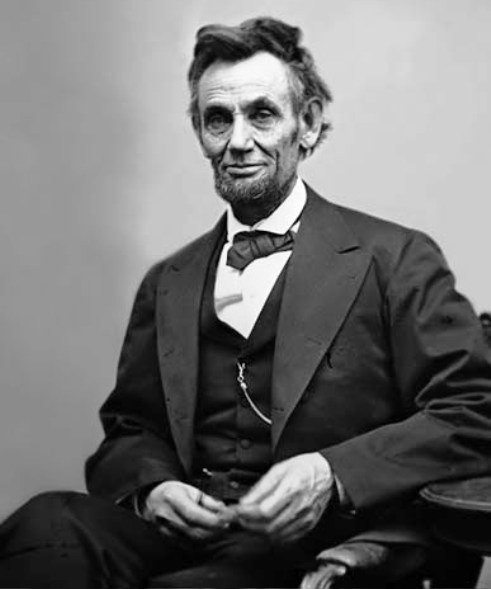
On Monday I talked about the Freedom Caucus – a group of about 40 unyielding House Republicans whom Republican strategist Frank Luntz says “…believes that it is better to blow-up the process than it is to fix it.”
But there is another group in the House.
The Liberty Caucus, a group of about 36 members, was founded in 2011 by Michigan Representative Justin Amash. According to a National Journal headline (Jan. 14, 2014), the group was founded “…because the RSC [Republican Study Group] Isn’t ‘Hard-Core’ Enough.”
“Amash insisted,” the Journal writes, “that his group is not a ‘foil’ to the RSC, which for decades has been conservatism’s rallying point group on Capitol Hill. Rather, Amash said, the Liberty Caucus is ‘a smaller group of people who are well acquainted and can hang out with each other and focus on specific issues like economic freedom, individual liberty, and following the Constitution.’ …
“…the group is driven primarily by Amash and his closest friends in Congress, including Reps. Raul Labrador of Idaho, Mick Mulvaney of South Carolina, and Thomas Massie of Kentucky. Other regular attendees include Reps. Mark Meadows of North Carolina and Tom Graves of Georgia, along with Jim Jordan of Ohio, who is widely viewed as the leader of these 20 or so ‘core’ House conservatives.”
Take a close look at the list of members of The House Freedom Caucus (scroll down the page), and you will find that many are members of The Liberty Caucus, as well. Both groups are either associated with or “sympathetic” to the Tea Party.
As the National Journal reported, “ ‘There are a lot of conservative Republicans who feel the RSC has gotten too big,’ Amash said, when asked to explain the appeal of his group. ‘Most of us, if not all of us, are RSC members as well. But when working with like-minded people, you need something a little more nimble that doesn’t dilute its positions because of the size of the group.’
“This criticism is nothing new. Many RSC members, including some former chairmen, have long expressed concerns about its membership — which now stands at 179 of 233 House Republicans. If three-quarters of the GOP Conference belongs to the RSC, they argue, the group cannot possibly practice the ideological purity on which its reputation was established.
“That the [RSC] lacks any ideological threshold or litmus test for membership has long been a dilemma for its founders, but, increasingly, the younger members closer to the grassroots movement are voicing their displeasure.”
Hence, we no longer have right-wing members, but House members have spawned the ultra right-wing in the form of the Freedom and Liberty caucuses. Both of these groups are essentially responsible for the departure, to the vocal delight of many, of House Speaker John Boehner who, according to members, just didn’t do enough.
The key question for House Republicans now becomes: How can unanimity come out of chaos?
Both groups say they are for “policies that promote the liberty,” however, many would question their definition of liberty.
On April 18, 1864, with the Civil War still raging, Abraham Lincoln gave an address in Baltimore entitled, “A Lecture on Liberty.” Freedom and Liberty Caucus members might find some value in pondering Lincoln’s words.
“The world has never had a good definition of the word liberty, and the American people, just now, are much in want of one. We all declare for liberty; but in using the same word we do not all mean the same thing. With some the word liberty may mean for each man to do as he pleases with himself, and the product of his labor; while with others the same word may mean for some men to do as they please with other men, and the product of other men’s labor. Here are two, not only different, but incompatible things, called by the same name—liberty. And it follows that each of the things is, by the respective parties, called by two different and incompatible names—liberty and tyranny.”
Good governance is about being responsible and accountable to all citizens, not just a narrow group of representatives and constituents. It requires fairness: making official decisions with impartiality and professional objectivity based on consistent and appropriate standards. It means exercising authority with open-mindedness and a willingness to seek out and consider all relevant information, including opposing perspectives.
Former special prosecutor Archibald Cox once said, “These two obligations of the civilized man – to subdue selfish instincts in the general interest and to comply with the law – rest more heavily on those chosen to rule.”
Who will abide by those obligations and restore order to the House remains to be seen, but it will clearly take somebody with Lincoln-like leadership skills.
Comments










